The 12 Best Hip-Hop Mixtape Sequels
Hip-hop built entire careers on mixtapes, and sequels are where artists test whether that spark can hold under pressure. A series title signals continuity in voice, hunger, and point of view.
Hip-hop built entire careers on mixtapes, and sequels are where artists test whether that spark can hold under pressure. A series title signals continuity in voice, hunger, and point of view. It often arrives when the official pipeline stalls or the spotlight widens, and the artist wants control of the narrative again. A good sequel tape doesn’t just revisit a moment. It measures growth against an earlier standard and shows what changed in the writing, the pockets, and the instincts.
The craft lives in choices you can hear. Borrowed instrumentals become writing drills rather than shortcuts. Callbacks thread through verses to connect eras without leaning on nostalgia. Guests and hosts raise the bar only if the core emcee treats them like sparring partners, not cover. Skits and interludes earn their space when they sharpen character and conflict. You learn who the rapper is by how they move through familiar beats and how they build new ones to carry ideas that the first tape didn’t have room for.
The best sequels carry specific tensions. How do you keep the immediacy of a street release while speaking to a larger audience? How do you stretch themes of money, memory, and loyalty without repeating yourself? How do you use producers, DJ drops, and ad-libs as structure so verses hit harder rather than just louder? The center is plain language that lands, images that stick, and a delivery that treats breath as rhythm.
This column looks at sequel tapes through that lens. Not buzz, not scoreboard talk. Just the writing, the songcraft, and the production decisions that turn a returning title into a real step forward. No spoilers needed. The details carry themselves.
Clipse, We Got It 4 Cheap, Vol. 2
A stalled album pipeline forced Pusha T and Malice to build the Re-Up Gang around them, and this tape is where that pivot becomes a sustained show of force. Over industry beats chosen for impact, the duo trades with Ab-Liva and Sandman in tight relay, turning “Mic Check,” “Hate It or Love It,” “The Corner,” and “Daytona 500” into cold-eyed case studies in economy and code. The writing is merciless and specific, full of clipped measurements, sly brand talk, and pause-free setups that reward close listening. Pharrell drifts through strategic moments on “What’s Up,” “Play Your Part,” and “Maybe,” while Clinton Sparks adds one original piece in “Zen,” but the tape’s power lies in how the four voices parcel out detail and pressure without leaning on hooks. It reads like a manifesto for staying sharp when the machine slows down, and the performances never blink.
Lil Wayne, Dedication 2
Wayne had already remade his job description by the mid-Carter run, and this installment with DJ Drama is where the “best rapper alive” claim stops sounding like branding and starts functioning like practice. “Cannon (AMG Remix)” is a gauntlet of compressed images and internal pivots, “SportsCenter” links punchlines like a ticker crawl, “South Muzik” and “This What I Call Her” prove he can inhabit any pocket and bend it to melody. The piece that deepens the whole project is “Georgia... Bush,” a measured indictment that shows his control when the subject turns civic. The tape’s logic is simple and ruthless, flip the era’s hot beats, write past their original identities, and keep moving before the idea cools.
Lil Wayne, Da Drought 3
The follow-up flood is a two-disc clinic in range and stamina, with Wayne using unlicensed instrumentals as a daily writing drill. “Upgrade” is all glide and precision; “Dough Is What I Got” pulls acrobatics out of “Show Me What You Got” without breaking cadence; “Ride 4 My Niggas (Sky’s the Limit)” treats a calm beat like open water and stretches into vivid, unhurried storytelling. Elsewhere, he shifts gears on “Walk It Out,” “Live From 504,” and “Black Republicans,” changing tone and temperature without losing grip. The connective tissue is imagination under pressure, a constant push to make familiar canvases feel newly owned by density, timing, and self-quotation that actually lands.
Joe Budden, Mood Muzik III: For Better or for Worse
As referenced by the Clipse, label delays pushed Budden to build his audience through Mood Muzik, and the third volume is the most complete portrait of that approach. “All of Me” runs long by design and works because the images stack cleanly, not theatrically; “Dear Diary” tightens the screws on self-audit; “Un4Given” reframes personal history without sentimentality; “Family Reunion” proves the bar count can rise without thinning purpose. Production leans on minor-key pianos and dusty loops that give his voice room to press and recede, and he uses that space to connect everyday detail to larger habits and consequences. The tape’s weight comes from plain speech that still scans as craft, proof that confessional writing can be structured without softening the edges.
Jeezy, Trap or Die, Pt. 2: By Any Means Necessary
With the sequel, Jeezy’s voice had become its own instrument, and this tape locks that instrument into heavier drums and clean, repeatable hooks. “Lose My Mind” with Plies is built for crowd release, then the tone snaps back to work talk and strategy on “I’ll’in” with Clipse, “Go Hard,” and “Talking.” The writing keeps to concrete nouns and short commands that make the motivational bark feel earned rather than ornamental. Don Cannon’s presence is felt in the swing and low-end focus, and the guest list adds texture without shifting the center, from Trick Daddy and Scarface on “Ride Wit Me” to the tape’s late run of solo records that keep the same clipped intensity. It reads like a field report from someone who still thinks in margins and targets even when the rooms get bigger.
Wale, The More About Nothing
Wale had already carved a lane that fused wordplay, go-go energy, and pop instinct; returning to the Seinfeld concept here, he sharpens the balance between wit and vulnerability. “The MC” and “The Soup” wrestle with identity and audience without sermonizing; “The War” with Daniel Merriweather uses a soul pocket to stage a negotiation rather than a blow-up; “The Breakup Song” is plainspoken enough to be repeatable without feeling cheap. “Ambitious Girl” plays like a toast to drive and patience, while “The Breeze (Cool)” with Wiz Khalifa loosens the shoulders without dropping the pen level. The interludes are not a crutch so much as a framing device that ties scenes together, and the songwriting does the rest through clean images, tight rhyme ladders, and careful shifts in temperature.
Lloyd Banks, The Cold Corner 2
Early chart wins gave Lloyd Banks reach, then the label's stop-starts pushed him back toward the format that rewards pen discipline. The Cold Corner 2 is a reset in full focus, built on tight loops and a voice that prefers precision over spectacle. The tape’s pivots come from small, exact choices: “1, 2, 3 Grind” with Prodigy (araabMUZIK) turns clipped boasts into marching tempo, “Make It Stack” with A$AP Rocky (Doe Pesci) rides a short, repeatable hook without dulling the verse work, “Predator” with Styles P stays tense by holding the rhyme scheme steady while the beat breathes, then “Shock the World,” “Ice Box Pt2,” and “Cold Corner 2 (Eyes Wide)” tighten his worldview rather than widen it. The producers—AraabMuzik, Beat Butcha, Doe Pesci, Nick Speed, The Jerm, and others—keep drums upfront so Banks can punch through with concrete nouns, quick internal ladders, and ad-libs used for emphasis, not decoration. It reads like a manual for staying sharp when the spotlight shifts, and the writing holds its own across borrowed space and originals alike.
Meek Mill, Dreamchasers 2
A new deal and relentless freestyles put Meek in motion, and this tape captures the moment where that energy scales. “Amen” with Drake lifts a church piano into a summer chant without losing the urgency that defines his voice; “Burn” with Big Sean is pure forward motion; “Ready or Not” flips the Fugees foundation into a sprint; “A1 Everything” with Kendrick Lamar shows he can share space with another technician and still sound like the one steering the room. The punch is in the breath control and the way his ad-libs function like percussion, doubling the snare and giving the verses extra torque. The themes stay consistent, money, memory, and pressure, but the writing lands because the details shift just enough to feel lived rather than recycled.
French Montana, Mac & Cheese 3
French Montana spent years building Cocaine City DVDs and Coke Boys tapes. “Shot Caller” pushed him from street momentum to steady radio play, and a Bad Boy and MMG joint deal widened the lanes. Mac & Cheese 3 turns that run into repertoire through two clear strengths. “Ocho Cinco” gathers Diddy, Red Cafe, MGK, and Los over Young Chop with a chant that works because the syllables are short and the pockets leave room for ad-libs to punch, although the hook doesn’t fare well today. “Hatin’ On a Youngin” keeps the same bite and uses repetition and clipped verbs to make the taunts stick. The Harry Fraud link shows up in “State of Mind” and “Triple Double,” both giving French space to lean on cadence and drop easy internal rhymes without crowding the beat. “Don’t Go Over There” with Fat Joe and Wale is a straight cautionary record under Boi-1da’s drums, and “Grown Ups” finds Mase and Rico Love pushing him toward measured self-talk, not posturing. “Sanctuary” is the hinge, folding in Utada Hikaru and The Weeknd samples while he talks stress management, loyalty, and prayer in plain terms, no theatrics. Across the tape, he toggles between bravado and confession, but the center holds because the writing favors nouns over slogans and the delivery treats ad-libs like instrumentation. That mix is why the sequel matters.
Fabolous, The S.O.U.L. Tape 2
After years of punchline sprints and competition tapes, Fab dials into patience and pocket here, letting sample-rich beats carry a reflective tone while he keeps the pen sharp. “For The Love” lays out priorities without hedging; “Life Is So Exciting” with Pusha T is all clean talk and clean execution; “Beauty” with Wale and “Want You Back” with Joe Budden and Teyana Taylor add different shades of intimacy and pride; “Louis Vuitton” with J. Cole shows he can spar with another stylist and keep the edges crisp. Even the borrowed idea on “Diced Pineapples” feels re-cut, not recycled, because the writing stays concrete and the delivery stays cool. It is grown talk without the false gravitas, a mixtape that trusts craft over spectacle.
Conway the Machine, Reject 2
Conway and Westside Gunn were building Griselda from the ground up; this installment is where Conway’s measured cadence and cold detail feel fully settled. The writing stays low-pulse and exact, stacking end rhymes and double meanings without breaking tempo, and the features work like sparring, not cover. “Rex Ryan” with Westside Gunn and Roc Marciano is all unblinking flex, “Beloved” with Mach-Hommy and Benny pulls family gravity into the room, “1000 Corpses” and “Blakk Tape” set the tape’s stark mood. “Air Holez” with Westside Gunn and “Sky Joint” with Skyzoo widen the lens without changing the center, while “30 Shells” snaps back to solitary pressure. The through-line is economy—few wasted words and verses that treat menace and memory as routine business. It’s a sequel that turns a calling card into a stance.
Royce da 5’9”, The Bar Exam 4
Royce returned to his series after sharpening his album game, and the fourth entry plays like a live workshop in precision. “N My Zone (Mask Off)” turns a chart-dominant beat into a syllable exercise; “Beats Keep Callin’” stacks pockets until the rhythm snaps; “Wait a Minute” keeps the antenna up for new flows while “Chopping Block” with Slaughterhouse and “Gov Ball” with Westside Gunn and Conway flex chemistry without wasting bars over a Rick Ross track. “C Delores” points his pen toward history and responsibility, then “Keys” and “Power” double back to pure technical display. The draw is breathless control and line-to-line logic rather than theatrics, a veteran clearing space through structure and timing.




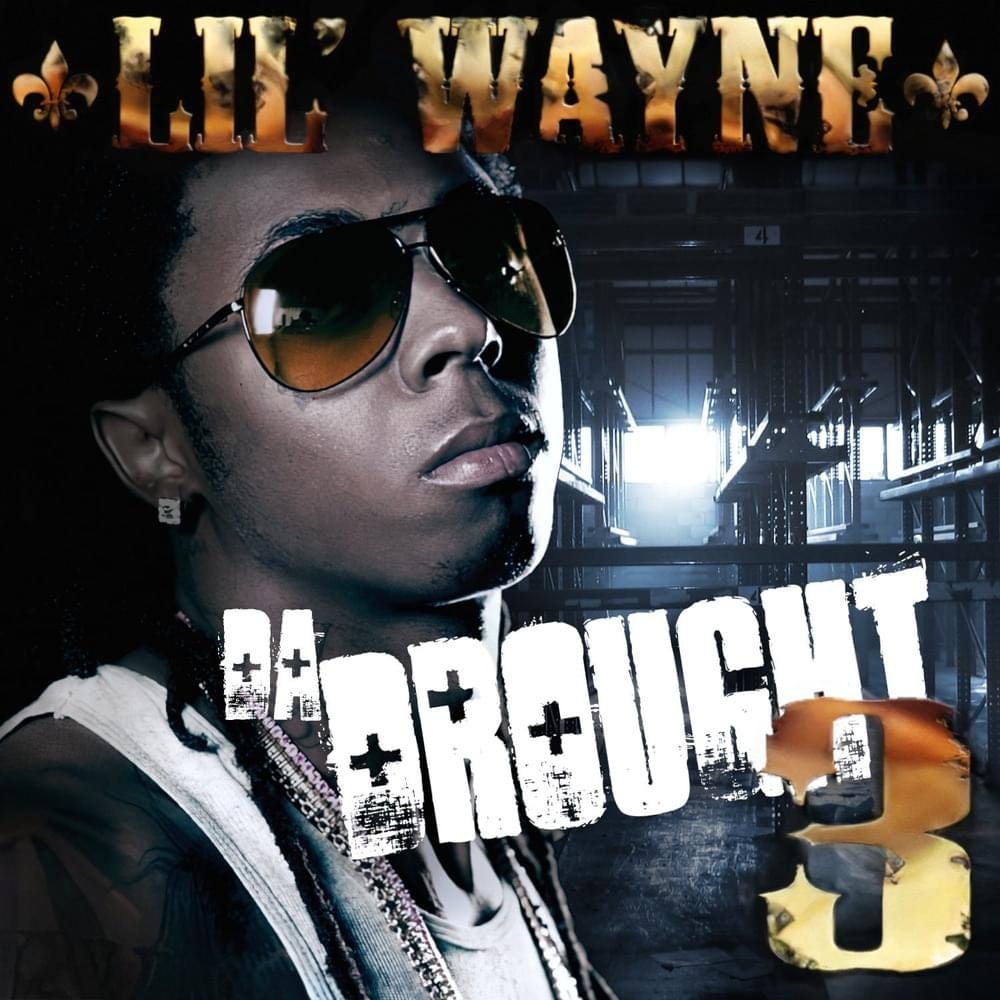

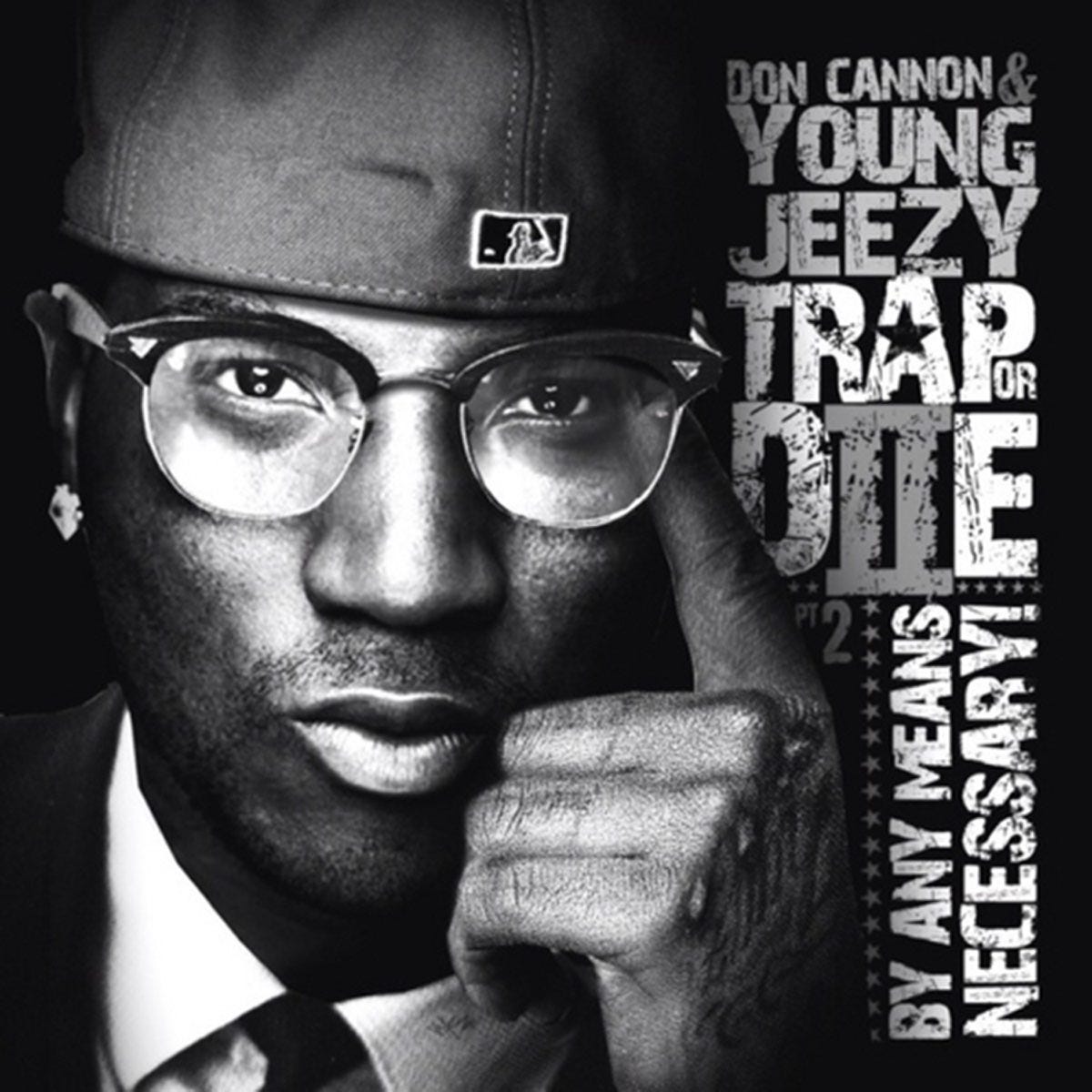
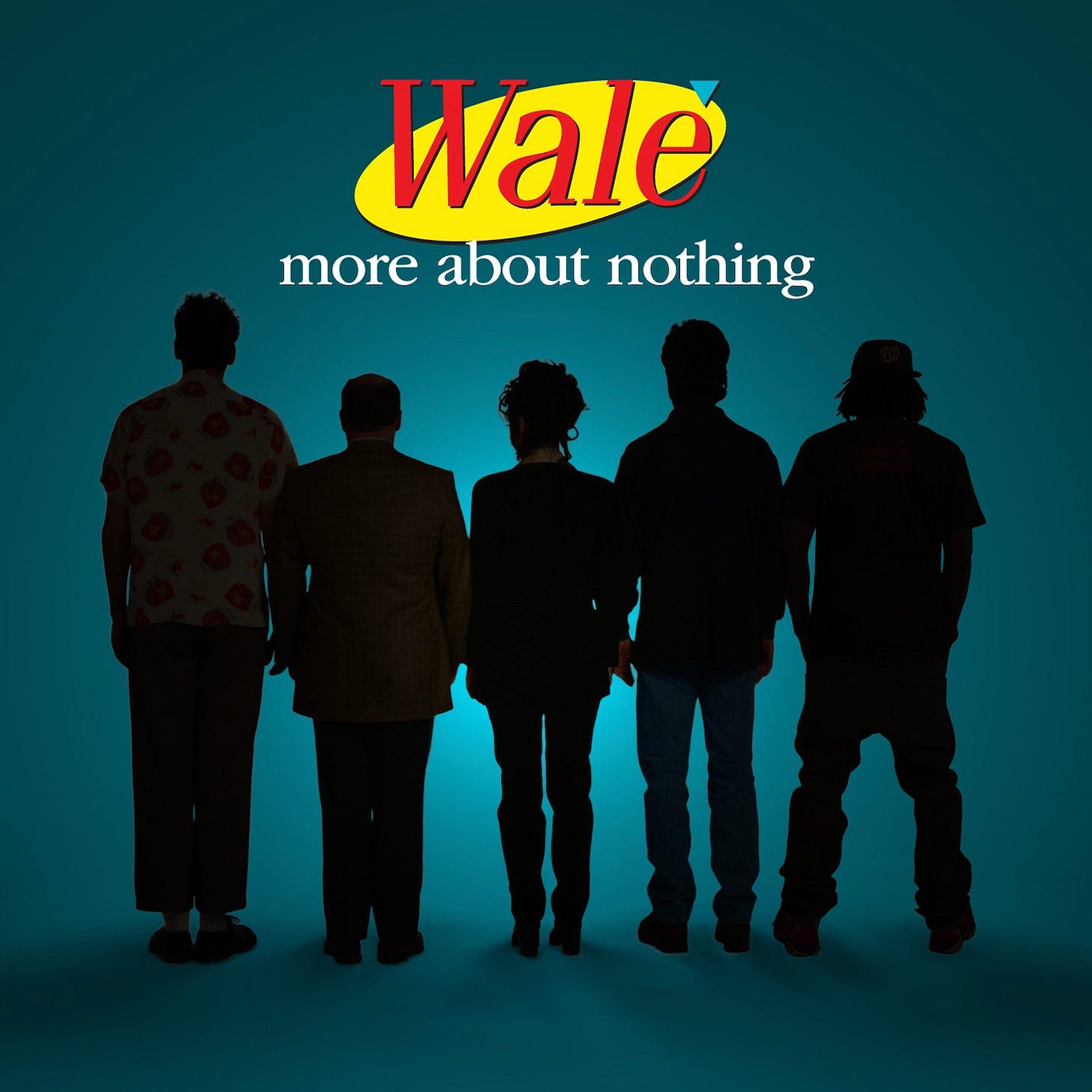
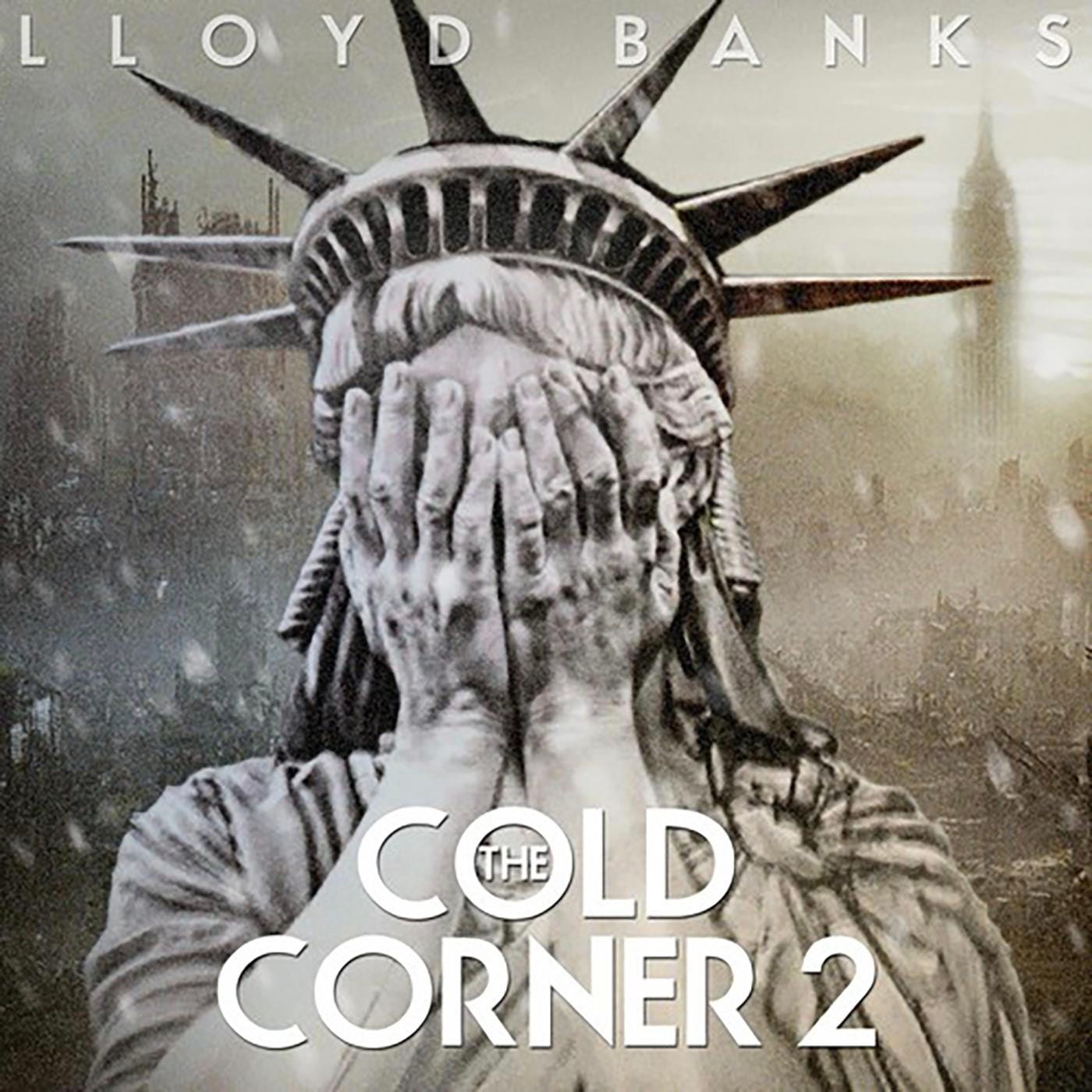

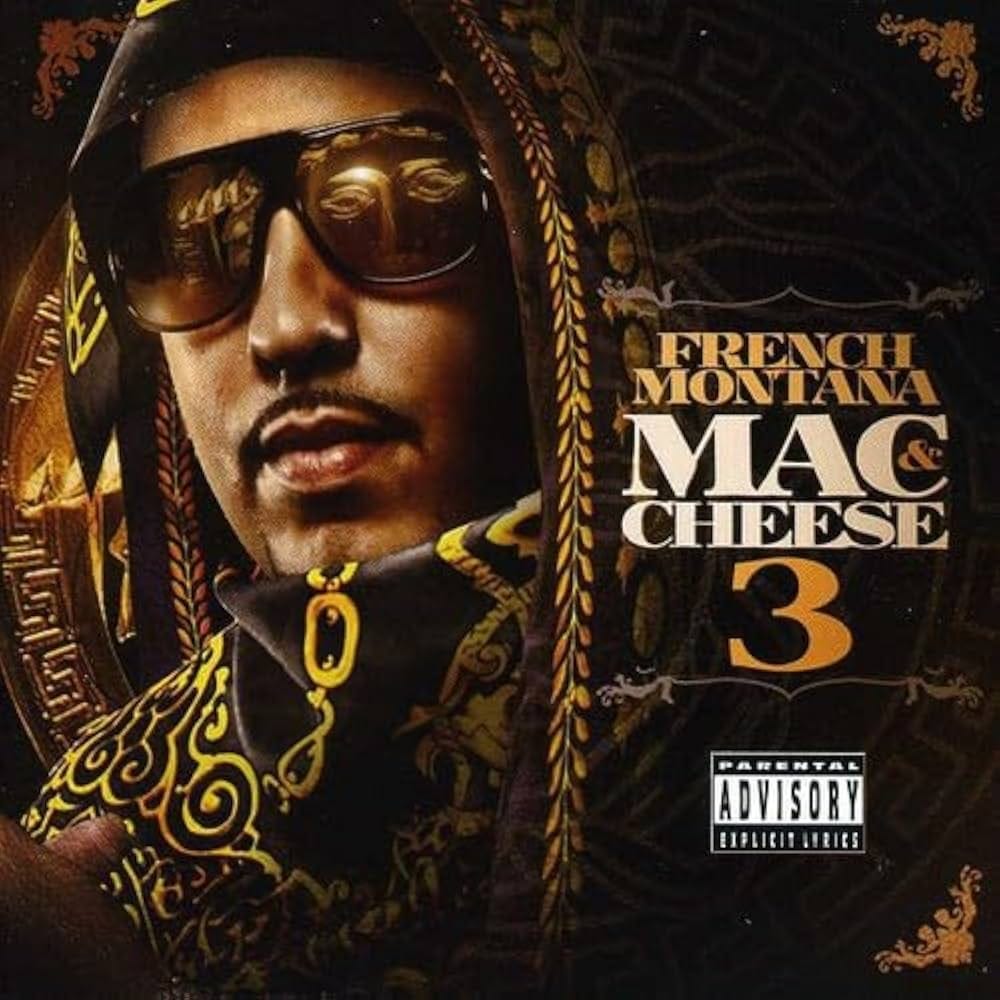


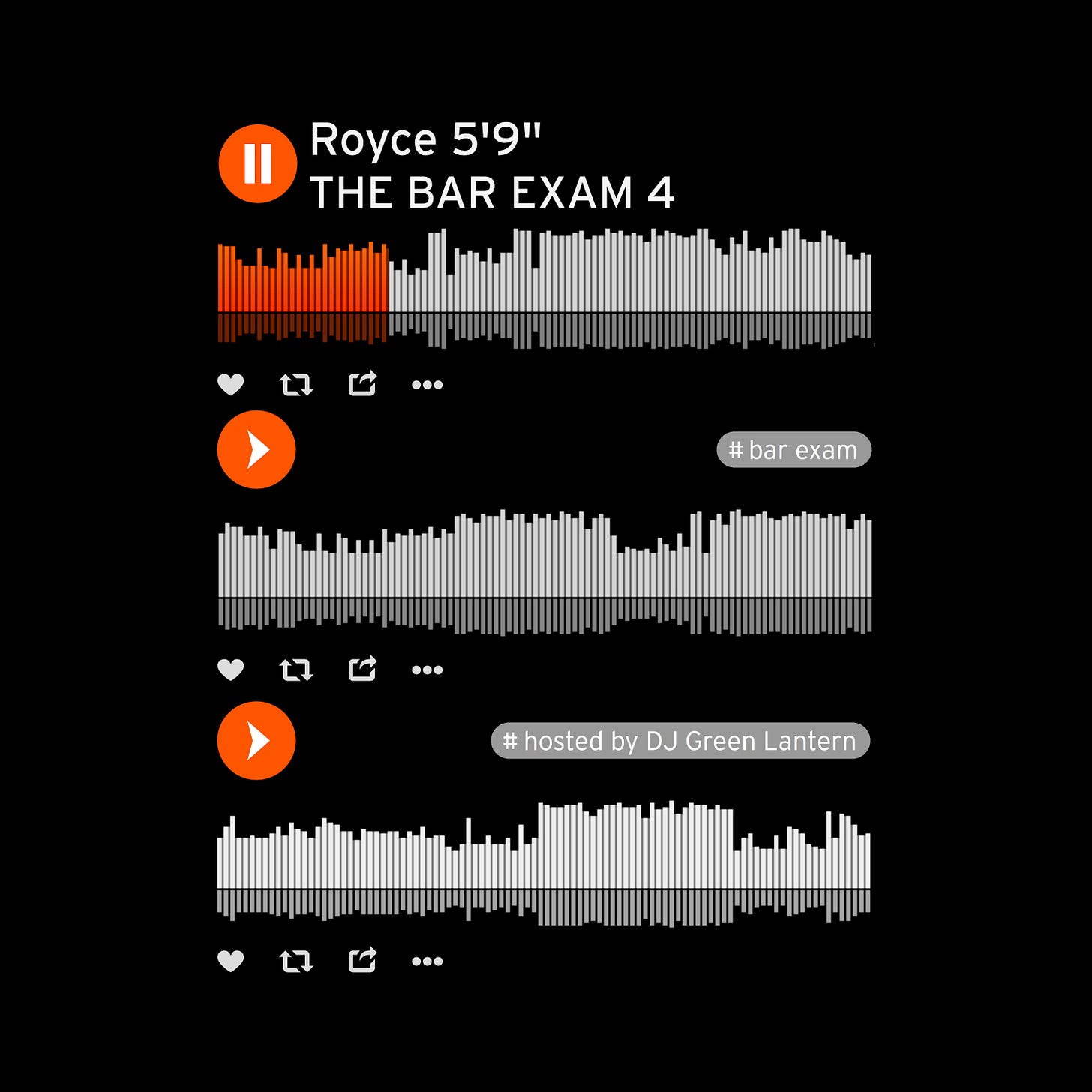
Those Jeezy and Banks tapes are criminally underrated. Glad you give them some love. Dope list and read!